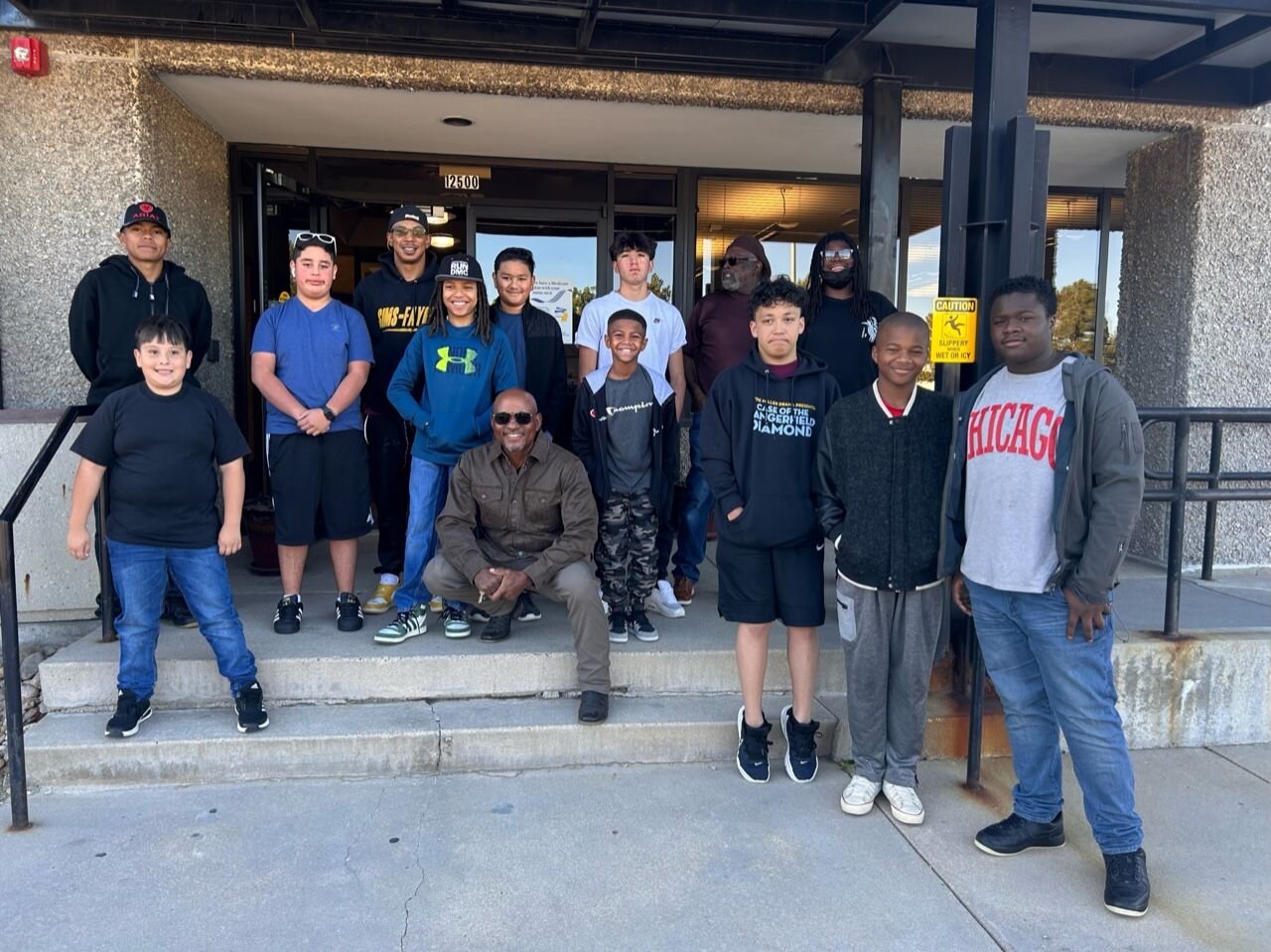The Sims-Fayola Foundation provides a roadmap for 'hard-to-serve' youth

DENVER — In the world of education, students who struggle with things like truancy or behavioral issues are often labeled as “hard-to-serve.” Some believe that “ill-served” is a better term, because factors like food, shelter and economic vulnerability heavily influence behavior and attendance in school.
But no matter what the agreed-upon term is, the unfortunate reality is that many of the ill-served students are students of color.
A program within the Denver community aims to prevent students from falling into the “hard-to-serve” community by focusing on social-emotional learning. In 2014, Dedrick Sims founded the Sims-Fayola Foundation (SFF). A former Denver-area educator, Sims used his life experiences and professional expertise to shape the organization.
“The work we do is very personal,” said Sims. “I was that kid that grew up in a community that dealt with all of the ills and challenges that communities of color typically deal with.”
He said that young men in communities like the one he grew up in often do not have positive male role models who look like them. When coupled with the systemic barriers often put on these communities, Sims said the lack of constructive mentorship makes the young men vulnerable to negative influences.
SFF is working to change this by placing mentors directly in schools. Since its inception, the foundation has seen a 60% decrease in absences from school, disciplinary referrals and suspension rates among program participants. Sims said this is possible by working with students, but also by providing equity workshops for educators and advocates working with the students.
"The program is highly effective, and the work we do is highly effective,” says Sims.

SFF recently expanded its work to Alabama, Arkansas, Georgia, Louisiana, Michigan, Ohio and Texas.
Photo: William Peterson, Rocky Mountain PBS
The work, grounded in the foundation’s three pillars — Building Awareness, Building Capacity, and Building Equity by Design — has helped facilitate the primary goal of changing the trajectory of each boy’s life by addressing the barriers inhibiting their success. The work doesn’t go unnoticed for the young men who see the value in being a part of the foundation.
“They teach us about what’s good for us,” said 14-year-old Ra’shaun Eaton. “They teach us important life lessons that we need.”
Eaton’s younger brother, Rylon, has also seen the positive impact. “Before I started coming here, I had Ds and Fs,” he explained. “Now I have Bs and Cs.”
Sims said it is important that the mentors not only look, talk and walk like the students, but also come from where they come from. Sims and his team are hoping to change the stereotypes of what a successful man of color looks like and build a bright future for black and brown boys everywhere — SFF recently expanded its work to Alabama, Arkansas, Georgia, Louisiana, Michigan, Ohio and Texas.
You can learn more about the Sims-Fayola Foundation here.
William Peterson is the senior photojournalist at Rocky Mountain PBS. You can reach William at williampeterson@rmpbs.org.